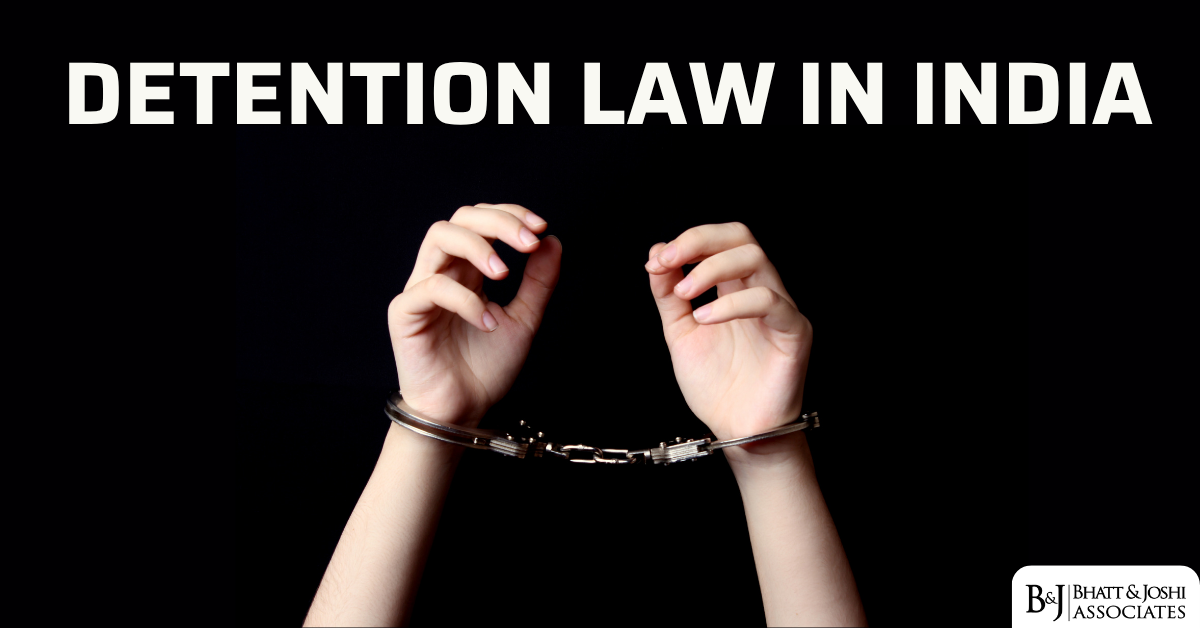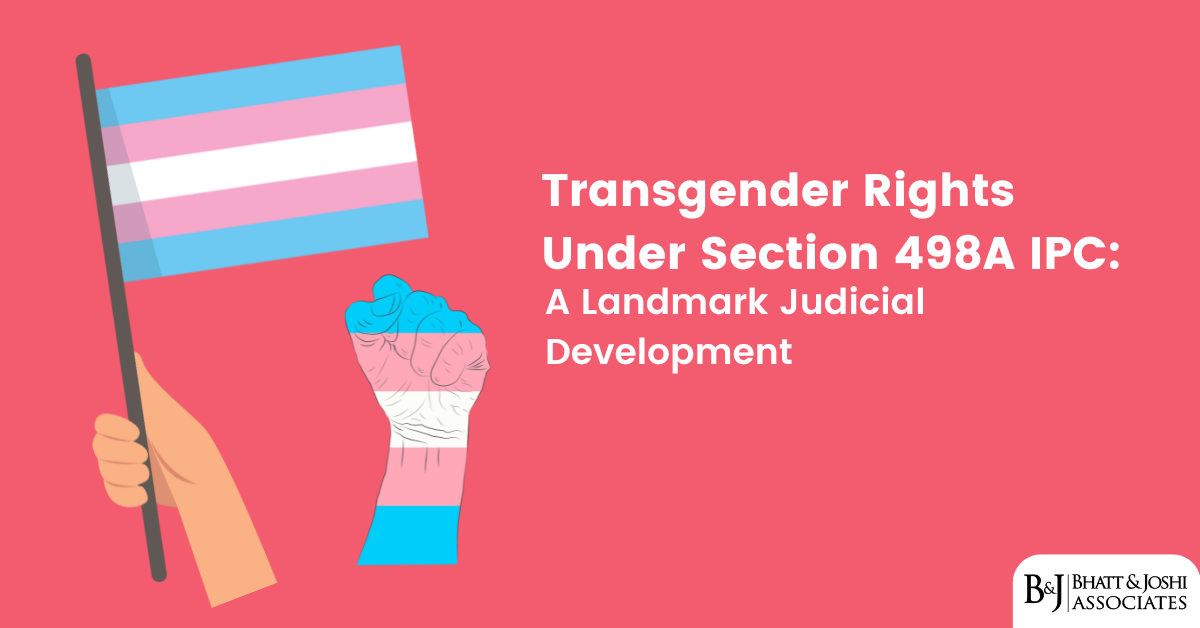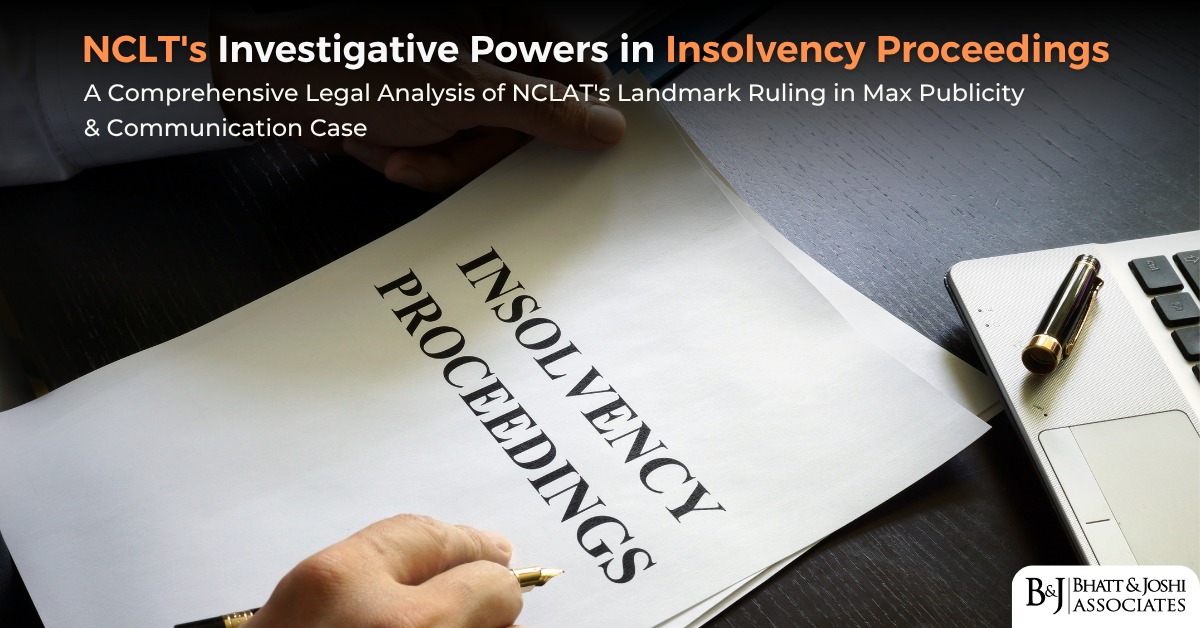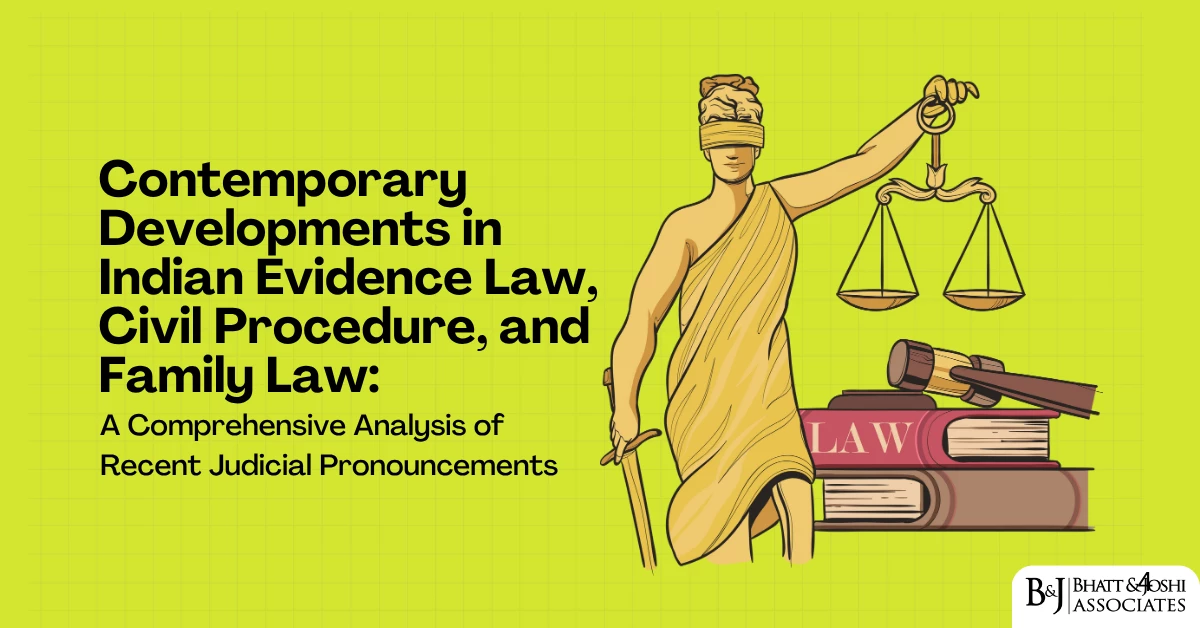Introduction
The legal framework governing detention laws in India represents a complex balance between state security needs and individual liberty rights. This framework encompasses constitutional protections under Article 22, various preventive detention statutes, and judicial safeguards developed through landmark cases. The detention laws in India has evolved significantly through judicial interpretation and legislative amendments, creating a sophisticated system that attempts to protect both national security and fundamental rights.
Constitutional Framework and Article 22 Protections
Fundamental Right Against Arbitrary Detention
Article 22 of the Indian Constitution provides the foundational framework for protection against arbitrary arrest and detention [1]. This article serves as a critical safeguard ensuring that individuals are not subjected to unlawful deprivation of liberty without due process. The constitutional provision recognizes both ordinary detention and the exceptional circumstances requiring preventive detention.
Ordinary Detention Safeguards
Under clauses (1) and (2) of Article 22, several fundamental protections are guaranteed to arrested persons. First, no person can be detained without being informed of the grounds for such arrest [1]. This requirement ensures transparency in law enforcement actions and enables individuals to understand the basis for their detention. The arrested person cannot be denied the right to consult and be defended by a legal practitioner of their choice [2].
The second critical protection mandates that every arrested person must be produced before the nearest magistrate within twenty-four hours of arrest, excluding travel time [2]. This provision prevents prolonged detention without judicial oversight and ensures that the legality of arrest is subject to prompt judicial review. No person can be detained beyond this period without magistrate authorization [3].
Preventive Detention Provisions
Clause (3) of Article 22 creates specific exceptions to the general protections, excluding enemy aliens and persons detained under preventive detention laws from the safeguards of clauses (1) and (2) [1]. This exception reflects the constitutional recognition that exceptional circumstances may require departure from ordinary procedural protections.
Preventive detention is fundamentally different from punitive detention. While punitive detention follows conviction for past acts, preventive detention is based on apprehension that a person may commit acts prejudicial to state security or public order [4]. This distinction is crucial as it involves detention without trial based on executive satisfaction rather than judicial determination.
Advisory Board Mechanism
Article 22(4) mandates that preventive detention cannot exceed three months without approval from an Advisory Board consisting of persons qualified to be High Court judges [5]. This mechanism provides an independent review of detention orders, ensuring that prolonged detention is subject to quasi-judicial scrutiny. The detaining authority must communicate grounds of detention to the detenu, though facts considered against public interest need not be disclosed [6].
Judicial Safeguards: The DK Basu Guidelines
Background and Genesis
The landmark case of DK Basu v. State of West Bengal emerged from a public interest litigation filed by the Executive Chairman of Legal Aid Services, West Bengal, highlighting deaths in police custody [7]. The Supreme Court treated the letter as a writ petition, recognizing the grave nature of custodial violence and the need for systematic reforms.
Comprehensive Custody Guidelines
The Supreme Court established eleven detailed guidelines to prevent custodial violence and protect detained persons’ rights [8]. Police personnel conducting arrests must wear visible identification tags with designations, and particulars of all officers handling interrogation must be recorded. An arrest memo must be prepared and attested by at least one witness, preferably a family member or respectable locality resident [9].
Notification and Medical Examination Requirements
The guidelines mandate that arrest details be communicated to the detenu’s next friend or relative within eight to twelve hours if they reside outside the district. The arrested person must be informed of their right to have someone notified of their detention [10]. Medical examination requirements include initial injury documentation and subsequent examinations every forty-eight hours by approved panel doctors [11].
Enforcement and Legal Consequences
The Court emphasized that failure to comply with these guidelines would result in departmental action against concerned officials and potential contempt of court proceedings [12]. These guidelines were subsequently incorporated into the Code of Criminal Procedure through the Amendment Act of 2008, demonstrating their lasting impact on criminal justice administration.
Detention Under Armed Forces Special Powers Act
Legislative Framework and Scope
The Armed Forces (Special Powers) Act, 1958, grants extraordinary powers to armed forces in areas declared as “disturbed” [13]. Section 4 of AFSPA empowers commissioned and non-commissioned officers to use force, including causing death, after due warning if convinced it is necessary for maintaining public order [14]. The Act also permits arrest without warrant and search of premises without warrant.
Constitutional Challenges and Judicial Response
In Naga People’s Movement of Human Rights v. Union of India (1998), the Supreme Court upheld AFSPA’s constitutional validity while establishing important limitations [15]. The Court mandated that disturbed area declarations must have defined time frames with six-monthly reviews. Armed forces must use minimum necessary force and strictly follow army guidelines during operations [16].
Recent Judicial Developments
The Supreme Court’s 2016 ruling in the Manipur encounter cases marked a significant shift in AFSPA jurisprudence [17]. The Court directed that armed forces cannot use “excessive or retaliatory force” even in disturbed areas and ordered Central Bureau of Investigation to establish a Special Investigation Team to probe alleged fake encounters. This decision emphasized that AFSPA immunity cannot be absolute and security forces remain accountable for human rights violations.
Unlawful Activities Prevention Act and Bail Jurisprudence
Section 43D Bail Restrictions
Section 43D(5) of UAPA creates stringent bail conditions requiring courts to deny bail unless satisfied that accusations are prima facie untrue [18]. This provision reverses the ordinary presumption of innocence, making bail the exception rather than the rule in terrorism-related cases. The accused must convince the court that charges lack prima facie validity.
Judicial Interpretation and Evolution
The Supreme Court’s decision in Angela Harish Sontakke v. State of Maharashtra (2016) established that prolonged detention violating Article 21 rights can justify bail despite Section 43D(5) restrictions [19]. The Court balanced the seriousness of charges against detention period and trial prospects, granting bail after nearly five years of custody with over 200 witnesses remaining unexamined.
Constitutional Rights and Speedy Trial
In Union of India v. K.A. Najeeb (2021), the Supreme Court clarified that Section 43D(5) does not eliminate constitutional courts’ power to grant bail based on fundamental rights violations [20]. The Court emphasized that prolonged detention without trial prospects violates Article 21, and constitutional rights must be harmonized with statutory restrictions. This precedent reinforced that detention cannot become indefinite punishment without conviction.
Prevention of Anti-Social Activities Act Framework
Statutory Provisions and Scope
The Prevention of Anti-Social Activities Act, 1985, enables preventive detention of habitual offenders for up to one year on district magistrate orders [21]. Section 3 empowers state governments to detain persons whose activities are prejudicial to public order maintenance. The Act targets bootleggers, dangerous persons, and other anti-social elements as defined in statutory categories.
Judicial Scrutiny and Limitations
Gujarat High Court decisions have consistently emphasized the distinction between law and order and public order [22]. In cases involving solitary offenses, courts have ruled that isolated incidents cannot justify preventive detention unless they demonstrate pattern threatening public order. The judiciary has required detaining authorities to establish clear nexus between alleged activities and public order disruption.
Procedural Safeguards and Advisory Board Review
After detention, authorities must inform the PASA Advisory Board within three weeks for validity determination [23]. The board, headed by a retired High Court judge, reviews detention orders and recommends revocation if grounds are insufficient. This mechanism provides essential check against arbitrary detention while ensuring review by qualified judicial officers.
Comparative Analysis of Detention Laws
Ordinary versus Preventive Detention Standards
The distinction between ordinary and preventive detention reflects different legal standards and procedural requirements. Ordinary detention requires specific criminal allegations supported by evidence, while preventive detention operates on reasonable apprehension of future conduct [24]. This fundamental difference justifies varying procedural protections while maintaining constitutional oversight.
Judicial Review Mechanisms
All detention laws provide judicial review mechanisms, though their rigor varies significantly. Article 22 protections apply universally to ordinary detention, while preventive detention laws create specialized review procedures through Advisory Boards and High Court oversight [25]. The effectiveness of these mechanisms depends on their independent functioning and adherence to constitutional principles.
Contemporary Challenges and Reforms
Balancing Security and Rights
The contemporary challenge involves balancing legitimate security needs with fundamental rights protection. Courts have increasingly emphasized that exceptional powers require exceptional restraint and accountability [26]. The trend toward stricter judicial oversight reflects recognition that security concerns cannot justify unlimited executive discretion in detention matters.
Procedural Reforms and Implementation
Effective implementation of detention safeguards requires continuous monitoring and reform. The DK Basu guidelines’ incorporation into criminal procedure demonstrates how judicial intervention can drive legislative change [27]. Similarly, evolving UAPA jurisprudence shows courts’ willingness to refine detention standards while preserving security framework.
International Standards and Compliance
Human Rights Obligations
India’s detention laws must comply with international human rights standards while addressing domestic security concerns [28]. The Universal Declaration of Human Rights and International Covenant on Civil and Political Rights establish minimum standards for detention procedures and judicial oversight. Compliance requires balancing international obligations with constitutional framework and practical security needs.
Comparative Jurisprudence
International jurisprudence provides valuable guidance for interpreting detention laws while respecting constitutional sovereignty. Courts have referenced comparative decisions to strengthen detention safeguards and ensure procedural fairness [29]. This approach demonstrates the universal nature of fundamental rights while respecting diverse legal systems.
Conclusion
The law of detention in India represents a sophisticated attempt to balance individual liberty with collective security needs. Constitutional provisions, statutory frameworks, and judicial interpretations have created a complex system that provides both security powers and rights protections. The continuing evolution of this framework through judicial decisions and legislative amendments demonstrates the dynamic nature of constitutional democracy.
The effectiveness of detention law ultimately depends on their implementation by enforcement agencies and oversight by judicial institutions. Recent trends toward stricter accountability and enhanced procedural safeguards suggest a maturing understanding of the balance required between security and liberty. Future developments must continue this trajectory while addressing emerging security challenges and maintaining fundamental rights protection.
The journey from arbitrary detention to regulated preventive detention reflects India’s constitutional evolution and judicial maturity. As security challenges evolve, the legal framework must adapt while preserving core constitutional values and human rights principles. This ongoing evolution ensures that detention laws serve their protective function while respecting the dignity and rights of all persons.
References
[1] Constitution of India, Article 22, Protection against arrest and detention in certain cases. Available at: https://www.constitutionofindia.net/articles/article-22-protection-against-arrest-and-detention-in-certain-cases/
[2] Testbook. (2024). Article 22 of Indian Constitution: Protection against Arrest and Detention. Available at: https://testbook.com/constitutional-articles/article-22-of-indian-constitution
[3] iPleaders. (2025). Article 22 of the Indian Constitution. Available at: https://blog.ipleaders.in/article-22-of-the-indian-constitution/
[4] Drishti IAS. (2024). Preventive Detention. Available at: https://www.drishtiias.com/daily-updates/daily-news-analysis/preventive-detention-4
[5] Law Bhoomi. (2025). Article 22 of Indian Constitution. Available at: https://lawbhoomi.com/article-22-of-indian-constitution/
[6] Vajiramandravi. (2025). Article 22 of the Indian Constitution. Available at: https://vajiramandravi.com/upsc-daily-current-affairs/prelims-pointers/article-22-of-the-indian-constitution/
[7] D.K. Basu v. State of West Bengal, AIR 1997 SC 610. Available at: https://www.alec.co.in/judgement-page/dk-basu-v-state-of-west-bengal
[8] Punjab Police. D.K. Basu Case Guidelines. Available at: https://barnala.punjabpolice.gov.in/d-k-basu-case-guidelines/
[9] Drishti Judiciary. (1997). D.K. Basu v. State of West Bengal. Available at: https://www.drishtijudiciary.com/code-of-criminal-procedure/dk-basu-v-state-of-west-bengal-1997-6-scc-642
[10] Law Bhoomi. (2025). DK Basu vs State of West Bengal. Available at: https://lawbhoomi.com/dk-basu-vs-state-of-west-bengal/
[11] iPleaders. (2024). DK Basu vs. State of West Bengal case analysis. Available at: https://blog.ipleaders.in/dk-basu-vs-state-of-west-bengal-1997-case-analysis/
[12] Testbook. (2025). DK Basu vs State of West Bengal: Case Analysis. Available at: https://testbook.com/landmark-judgements/dk-basu-vs-state-of-west-bengal
[13] Byjus. (2021). Armed Forces Special Powers Act (AFSPA). Available at: https://byjus.com/free-ias-prep/understanding-the-armed-forces-special-powers-act/
[14] Drishti IAS. Armed Forces (Special Powers) Act (AFSPA). Available at: https://www.drishtiias.com/daily-updates/daily-news-analysis/armed-forces-special-powers-act-afspa
[15] StudyIQ. (2025). Armed Forces Special Powers Act (AFSPA). Available at: https://www.studyiq.com/articles/afspa-armed-forces-special-powers-act/
[16] PMF IAS. (2024). Armed Forces (Special Powers) Act, 1958 (AFSPA). Available at: https://www.pmfias.com/afspa/
[17] Vajiramandravi. (2025). Armed Forces Special Power Act (AFSPA). Available at: https://vajiramandravi.com/upsc-exam/armed-forces-special-power-act/
[18] Supreme Court Observer. (2023). Bail Under UAPA: Court in Review. Available at: https://www.scobserver.in/journal/bail-under-uapa-court-in-review/
[19] Legal Era Online. (2021). Supreme Court: Violation of Fundamental Right of Speedy Trial is a Ground for Granting Bail to Accused in UAPA Cases. Available at: https://www.legaleraonline.com/from-the-courts/supreme-court-violation-of-fundamental-right-of-speedy-trial-is-a-ground-for-granting-bail-to-accused-in-uapa-cases-721545
[20] Sabrang India. If timely trial not possible and accused spent considerable time in jail, courts obligated to grant bail: SC in UAPA. Available at: https://sabrangindia.in/article/if-timely-trial-not-possible-and-accused-spent-considerable-time-jail-courts-obligated
[21] Live Law. (2021). Solitary Offence Under Prohibition Act No Ground For Preventive Detention Under PASA: Gujarat High Court. Available at: https://www.livelaw.in/news-updates/solitary-offence-under-prohibition-act-no-ground-for-preventive-detention-under-pasa-gujarat-high-court-180266
[22] News Click. Gujarat HC rules on PASA Act, claims Preventive Detention untenable. Available at: https://www.newsclick.in/gujaHC-rules-PASA-act-claims-preventive-detention-untenable
[23] Citizens for Justice and Peace. (2022). Gujarat’s PASA Act: A long running saga of misuse and abuse. Available at: https://cjp.org.in/gujarats-pasa-act-a-long-running-saga-of-misuse-and-abuse/
[24] The Indian Law. (2020). Article 22: Protection Against Detention And Arrest. Available at: https://theindianlaw.in/article-22-protection-against-detention-and-arrest/
[25] ClearIAS. (2024). AFSPA (Armed Forces Special Powers Act). Available at: https://www.clearias.com/afspa/
[26] Live Law. (2025). Supreme Court Annual Digest 2024: Unlawful Activities (Prevention) Act [UAPA]. Available at: https://www.livelaw.in/supreme-court/supreme-court-orders-and-judgments-unlawful-activities-prevention-act-digest-2025-283016
[27] Just Scriptum Law. (2025). The Beacon to Protect the Rights and Dignity of Individuals: An Analysis of D.K Basu v. State of West Bengal. Available at: https://www.jusscriptumlaw.com/post/the-beacon-to-protect-the-rights-and-dignity-of-individuals-an-analysis-of-d-k-basu-v-state-of-wes
[28] Drishti IAS. (2025). Armed Forces (Special Powers) Act, 1958 (AFSPA). Available at: https://www.drishtiias.com/daily-updates/daily-news-analysis/armed-forces-special-powers-act-1958-afspa
[29] Get Legal India. (2023). PASA Act and its Applicability in the Different States. Available at: https://getlegalindia.com/pasa-act/
Download Full PDF














